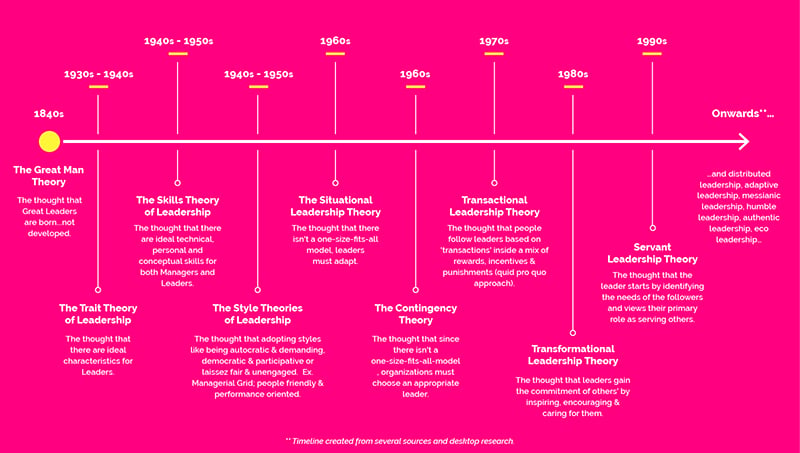Over the years, as a bass player, I have been in several bands. Some of the best bands and the best times I have had, were with a bunch of quite average performers like me. Some bands I joined consisted of superb musicians and yet, we never really ‘gelled’ as a team nor, performed particularly well. I want to examine why in this article.
My last band was really quite dysfunctional. The rest of the band were far more experienced and talented than me, the sum of the parts should have been amazing. But, they weren’t. I often spoke to the Drummer, Norman, about this. Unbeknownst to me, Norman is also, Professor Norman Jackson pioneer of ‘LifeWide Learning.’ Norman proposes that we learn from all the different wide aspects of our life, as well as lifelong – learning is everywhere*.
What did I learn from this aspect of my life? Why did it feel uncomfortable, not safe to make mistakes and directionless? Why no psychological safety? Why no harmony? Why did the lead guitarist keep falling out with the lead singer? Why did we have no gigs? Why so directionless? So many talented people but, not as successful as we could have been?
Why in the average performer band, did we all pull together and make a great band or team? What were the major and minor differences that made the difference? In my opinion, because leadership was present. We felt safe. We had purpose. We had fun whilst learning and working. Leadership made the difference. In fact, some form of leadership is always needed. If you want to run a great group of anything, pointed towards a specific purpose or outcome, you need some form of leadership. But, what sort of leadership is best or required? What were the dysfunctional band of geniuses missing, which the average but performing band had? It was painful but great learning and it gave me the idea for this article too!
Sounds easy enough to work out – let’s just pick a leader. However, ask anyone, what is a leader? What is leadership? What is the difference between leadership and management? You will get an array of answers.
‘You need an inspirational person to lead everyone…’
‘It depends on the situation, the leader must adapt…’
‘When the occasion arises, the great leader appears…’
‘You don’t need one leader, different people can lead on different things…’
We all have our own views and the concept of leadership continues to evolve – we are all seeking THE theory... The dialogue has probably been going on for thousands of years, but, let’s just look at 150 of them. When you look at this timeline, what strikes a chord with you? Which leadership idea sounds right to you?
Disclaimer… apologies if the timing is a bit off. It is actually really hard to pin down a particular theory to a decade. Each leadership idea seems to reach a crescendo and then merges into the next piece. I offer these as a snapshot and not to diminish their power, despite when they played out – as clearly, many are still playing out today.

What do you experience when you look at this list? What decade does your theory of leadership come from? Are they all relevant and inform each other? Perhaps, as society evolves, notions of leadership evolve too?
Coda
Why did the average band perform better than the collection of geniuses?
Leadership, of course.
But what type of leadership? We definitely had clear roles. We had different people lead on different things...is that the answer?
So, I believe leadership was present. You can probably spot a few decades' worth of theory right there. Was it an augmented ensemble or, the work of an individual virtuoso? Maybe, this question will never be resolved? When you work out what made it work, what type of leadership was present...please let me know.
Paul Tizzard
Average Bass Player
Senior Consultant
*Abstract below from https://www.lifewideeducation.uk/
Norman Jackson, Lifewide Learning.
Lifewide learning adds value to lifelong learning by recognising that most people, no matter what their age or circumstances, simultaneously inhabit a number of different spaces – like work or education, running a home, being a member of a family and or caring for others, being involved in a club or society, travelling and taking holidays and looking after their own wellbeing mentally, physically and spiritually. We live out our lives in these different parallel spaces so the timeframes of our lifelong journey and the multiple spaces and timeframes of day-to-day existence across our lives intermingle and accumulate and who we are and who we are becoming are the consequences of this intermingling.
** Timeline created from several sources and desktop research.
How would you like to start a conversation? Click on the icons below, or use our interactive video tool.